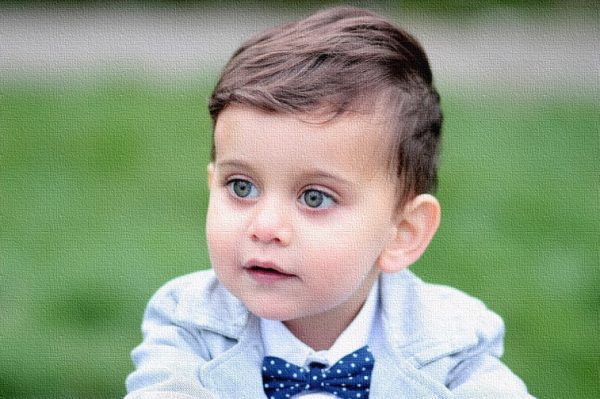
Safety And Protection of Baby’s Eyes
Protecting a baby’s eyes from the beginning means after baby’s delivery is essential for baby’s overall health and well-being. To ensure the safety and protection of a baby’s eyes here are some simple suggestions and tips.
Avoid direct sunlight: Protect a baby’s eyes from direct sunlight, especially during the peak hours of UV radiation (usually between 10 a.m. and 4 p.m.). Use a stroller with a canopy or a baby hat that shades the eyes. If you’re outdoors, find a shady spot.
Use baby sunglasses: When spending time outdoors, consider using baby sunglasses that provide protection against harmful UV rays. Look for sunglasses labeled as “UV 400” to ensure they block both UVA and UVB rays.
Be cautious with flash photography: Avoid using a camera flash directly in a baby’s face, as it can be harsh on their eyes. If using a camera with a flash, maintain a reasonable distance or turn off the flash when taking close-up photos.
Ensure a safe sleep environment: Create a safe sleep environment for the baby by placing them on their back to sleep. Avoid using toys or loose bedding that might accidentally cover their face.
Protect from household hazards: Babyproof the home to prevent accidents. Keep harmful substances, cleaning products, and sharp objects out of reach to minimize the risk of eye injuries.
Use soft lighting at night: When attending to the baby at night, use soft, dim lighting to reduce the strain on their eyes and promote a calming sleep environment.
Be cautious with toys: Choose age-appropriate toys that do not have small parts that could pose a choking hazard. Ensure that toys do not have sharp edges or points that could accidentally harm the baby’s eyes.
Monitor screen time: Limit screen time for babies, as excessive exposure to screens may have negative effects on their eyes and overall development. If screen time is unavoidable, follow guidelines provided by pediatricians.
Maintain regular checkups: Schedule regular eye checkups with a pediatrician or an eye care professional. Early detection of eye issues can help in prompt intervention and treatment.
Clean hands: Ensure that hands are clean when handling the baby, especially before touching their face or eyes. This helps prevent the spread of infections.
If you notice any signs of eye discomfort, redness, excessive tearing, or other abnormalities, consult with pediatrician promptly. Regular checkups and vigilant care contribute to the overall eye health and safety of a baby.
Image credit: Image by Adina Voicu from Pixabay (https://pixabay.com/users/adinavoicu-485024/)
Author: Sumana Rao | Posted on: November 21, 2023
« Understanding Loss of Hearing In Babies And Solutions Ways to Keep Your Toddler Engaged In Activities »






















Write a comment